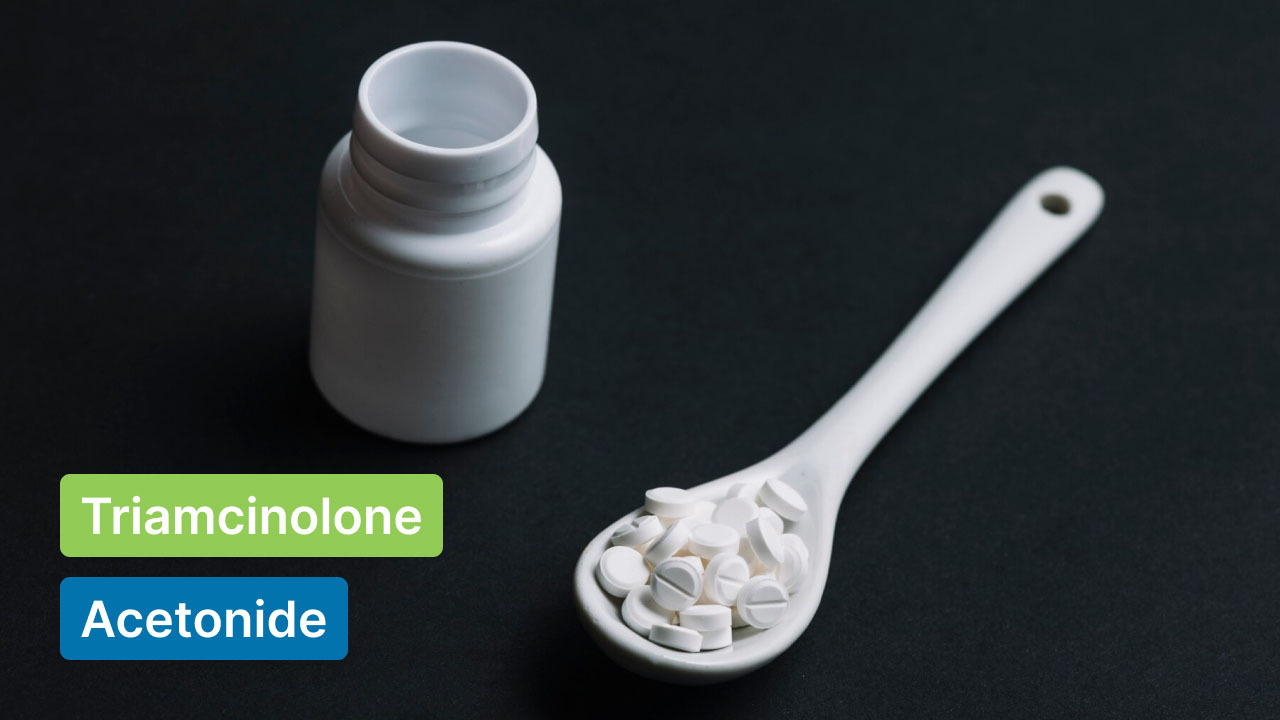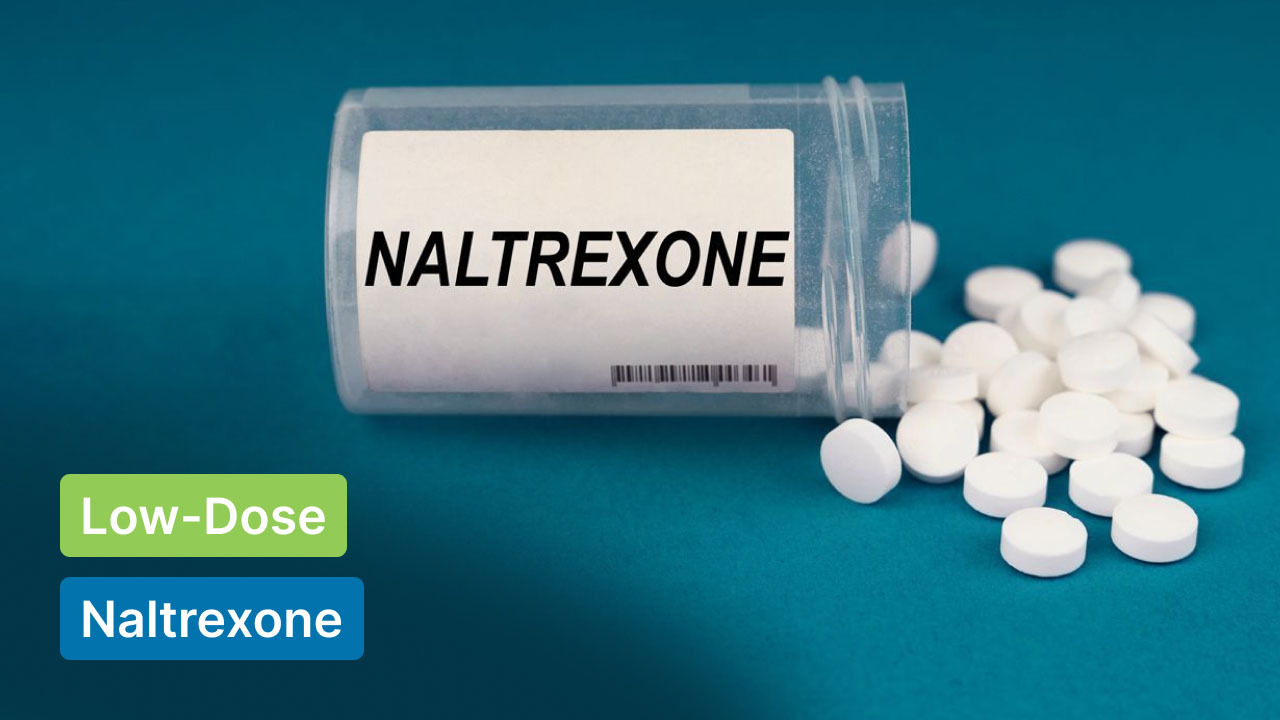
If we look closely at drugs used in weight loss journeys, Mounjaro is a well-known medication. However, the primary aim of Mounjaro is not to help people lose weight; instead, it is a medication used to control the blood sugar level of people suffering from diabetes-2, which can also help people lose some weight.
You may have read much about what happens when you start taking Mounjaro, but do you know what happens when you stop taking Mounjaro? If not, then you are on the right page. Here, we will explore some exciting information about Mounjaro that you should know before stopping Mounjaro. Continue reading!
What Is “Mounjaro?”
Mounjaro, also known as Tirzepatide (main ingredient of Mounjaro), is a drug/medication manufactured by Eli Lilly. It is made for Type 2 Diabetes people to control blood sugar levels. While it is not specifically used for weight loss, it can help to shed some weight. Hence, Mounjaro is not FDA-approved for weight loss. Instead, it is FDA-approved for treating diabetes-2 and sold as off-level when prescribed for weight loss.
Mounjaro is a prefilled injectable pen injected once a week in your abdomen, upper arm, or thighs. According to the Mounjaro website, its dose starts from 2.5 mg, which may slowly increase from 5 mg to a maximum of 15 mg over weeks or months.
How Mounjaro Works In Your Body?
To understand more about Mounjaro, let's understand how it affects your body. It works by activating the naturally occurring hormones found in the gut responsible for controlling blood sugar and appetite, namely GIP (glucose-dependent insulinotropic polypeptide) and GLP-1 (glucagon-like peptide-1) receptors.
After activating these hormones, Mounjaro effectively helps your body stimulate insulin production to reduce blood sugar levels, reducing appetite. In other words, Mounjaro improves insulin secretion in the pancreas, reducing glucagon production (blood sugar level) in the liver and slowing down gastric emptying and digestion, which makes you feel fuller, resulting in weight loss.
Side Effects Of Mounjaro
Every drug/medication is made to treat various health conditions in your healthcare provider's guidance when consumed. But when using excessive medications, they have some ill effects, too. Same with Mounjaro, it also comes with various side effects, including:
1. Constipation
Constipation is the common side effect of Mounjaro. If you are considering Mounjaro and go to poop less than three times a week, you may be dealing with constipation. Take help from medical centers and consider senna tablets or use some home remedies, like eating high-fiber food such as broccoli, beans, or dried fruits, to prevent further health issues such as abdominal pain, bloating, and nausea.
2. Digestive Issues
Another one of the most common side effects of Mounjaro is indigestion, which may last a few minutes to a few hours. It usually occurs while taking Mounjaro with spicy meals or alcohol. To cure this, you can use apple cider vinegar or medications such as Gaviscon that help to reduce acid reflux and other stomach pain symptoms.
3. Diarrhea
Another side effect of using Mounjaro is experiencing diarrhea. Though it normalizes your blood sugar, it slowly slows down your digestive process, due to which the food you consume remains inside your stomach for longer times, which may result in diarrhea. Consult your healthcare provider to avoid other symptoms like nausea.
4. Vomiting and Nausea
Vomiting is another side effect of taking Mounjaro, which can be followed by nausea. This side effect can be experienced in the starting weeks while taking Mounjaro. If you start to feel sick and vomiting, go outside and get fresh air. Also, keep yourself hydrated and eat smaller meals.
5. Abdominal Pain
Around 5% of patients report that they experienced abdominal pain while taking Mounjaro. Taking Mounjaro can cause inflammation in the pancreas, due to which you may experience mild or severe pain followed by other symptoms such as indigestion or nausea. To get comfort from such pain, you can consider taking Buscopan, Gaviscon, and Imodium or consult your healthcare provider if the pain turns too severe.
What Happens When You Stop Taking Mounjaro?
Now, after understanding what Mounjaro is and how it works in your body, let's discuss what happens when you stop taking Mounjaro. However, the research is still ongoing on this topic, but based on some scientific reasons, here are some aspects you should know before stopping Mounjaro:
1. Your Blood Sugar May Increase.
The effect of stopping Mounjaro is that you may notice an increased blood sugar level. Mounjaro works to reduce your blood sugar level by increasing insulin secretion, and it also decreases your appetite. If you stop taking this medication suddenly, your glucose level will spike, which can increase your appetite, causing you to eat more and can again make you gain weight. The foods at high risk of increasing blood sugar levels include white rice, bread, and pasta. So, take care of what you eat. Consume a blood-sugar-friendly diet to reduce the chance of increasing blood sugar levels.
2. Your Appetite May Increase.
The next effect of what happens when you stop taking Mounjaro is you will notice a sudden increase in your hunger. As stated above, Mounjaro works to slow down your digestion, making you feel fuller for longer, thus decreasing your appetite. It slows your gastric emptying and the food speed through your digestive tract. But after stopping this medication, the effect will wear off. The actual digestive process of your body will return, which will also return your appetite to its original state, and you will feel more hungry often. So, take care of your potion, eat smaller portions, and consume low-calorie foods and healthy snacks to control your appetite.
3. You May Experience Digestive Issues.
When you stop taking Mounjaro, your digestive system may take some days to adjust to the absence of this medication, due to which you may experience digestive issues such as facing difficulty passing stool or other symptoms like diarrhea, nausea, or vomiting. Digestive issues can range from mild to severe. Mild symptoms include stomach ache or discomfort, which can be cured by changing your diet. But if you are experiencing severe symptoms like continuous and severe stomach ache followed by vomiting or nausea, consult your doctor for proper treatment.
4. Your Weight May Increase.
According to research, Mounjaro is more effective for weight loss than medicines like Trulicity and Ozempic. It works by limiting your appetite and making you feel fuller so you can avoid extra crab intake, which ultimately helps you to lose weight. But do you know what happens when you stop taking Mounjaro? Stopping Mounjaro can make you gain weight, and you will notice that slowly, your lost weight returns. So, to maintain your weight, consume a balanced diet, eat smaller and more frequent meals, and avoid sugary drinks, unhealthy fats, and processed foods. Instead, eat low-calorie foods, maintain proper sleep hygiene, and exercise regularly to maintain your healthy weight.
5. You Will Not Experience Any Side Effects.
As mentioned above, we have discussed various side effects of taking Mounjaro, ranging from mild to severe, such as constipation, nausea, pancreas issues, vomiting, etc. When you stop taking Mounjaro, all these side effects, whether mild or severe, will stop hampering you. However, not everyone suffers from Mounjaro side effects, but if you face any one of these, the side effects will go away, but it may take some days or weeks, depending on the dose you are taking.
Other Severe Side Effects of Mounjaro
Generally, the severe side effects of Mounjaro are rare, but they should not be unknown. Below are some severe effects of Mounjaro that may impact your life:
- Acute Pancreatitis (Pancreas Inflammation): This health condition can lead to severe abdominal pain, vomiting, or back pain that does not go away without proper treatment.
- Hypoglycemia (Low Blood Sugar): Sometimes, this issue can lead to conditions like coma, loss of consciousness, fast heart rate, headache and dizziness, shaking, irritability, and other symptoms.
- Gallbladder Problems: It may include gallstones and symptoms like fever, severe abdomen pain, nausea, and vomiting.
- Severe Digestive Issues: The digestive issues can be followed by severe nausea, vomiting, or diarrhea, which can further cause dehydration and kidney problems.
- Allergic Reactions: The continuous and extra usage dose of Mounjaro can lead to skin rash, itchiness, or a more severe allergic reaction called anaphylaxis, which may swell your eyelids, hands, feet, and lips and make breathing difficult.
How To Safely Stop Taking Mounjaro?
Though Mounjaro is effective for treating Type-2 diabetes if you wish to stop this medication and are afraid of its effects and wondering what happens when you stop taking Mounjaro? Here is how we can safely cut off this medication. There are some potential benefits and adverse effects of stopping Mounjaro.
Stopping this medication can cause harmful reactions, so first, meet up with your doctor and plan a way to stop this medication safely. You and your doctor can prepare a plan, which may include a chart of your diet plan, such as what fruits and vegetables, lean proteins, complex carbohydrates, and healthy fats you can consume to keep your blood sugar level in range along with your weight management.
To achieve this, your doctor can advise you on some other medication and will monitor your glucose level. Also, he will guide them to stay hydrated and exercise regularly to avoid the negative impact of Mounjaro. After the plan has been made, you need to follow this safest, healthiest, and most productive course of action to stop the usage of Mounjaro safely, and your body will slowly get rid of this drug.
Conclusion
In conclusion, Mounjaro is an effective medicine for treating type-2 diabetes and helps people lose some pounds. But as every medicine has pros and cons, it is essential to know them before starting any medication. If you are already taking Mounjaro and suddenly starting to face its side effects and thinking about what happens when you stop taking Mounjaro, this blog will surely be helpful to you! Also, if you are looking to stop this drug, it is advisable to directly connect with your healthcare provider to avoid any negative impact on your life.
FAQs
1. How long should I stay in Mounjaro?
Ans: It depends on your blood sugar level. The doctor calls you every four weeks to monitor your glucose level and increase your dose to 5mg if you have a higher blood sugar level. The doctor may advise you to continue for some weeks.
2. How long does it take Mounjaro to get out of your system?
Ans: Mounjaro can stay active in your system for up to a week, and it typically takes about 25 days for your body to get rid of the medication fully.
3. What not to eat on Mounjaro?
Ans: After taking Mounjaro, it is advised not to eat processed, fried, saturated, or trans fats. Also, avoid soda and high-sugar beverages.
4. What is a natural alternative to Mounjaro?
Ans: Zotrim is the best alternative to Mounjaro, which clinical departments also believe. It is made with natural herbal ingredients. This pill is harmful and affordable, unlike Mounjaro.
Also Read

















